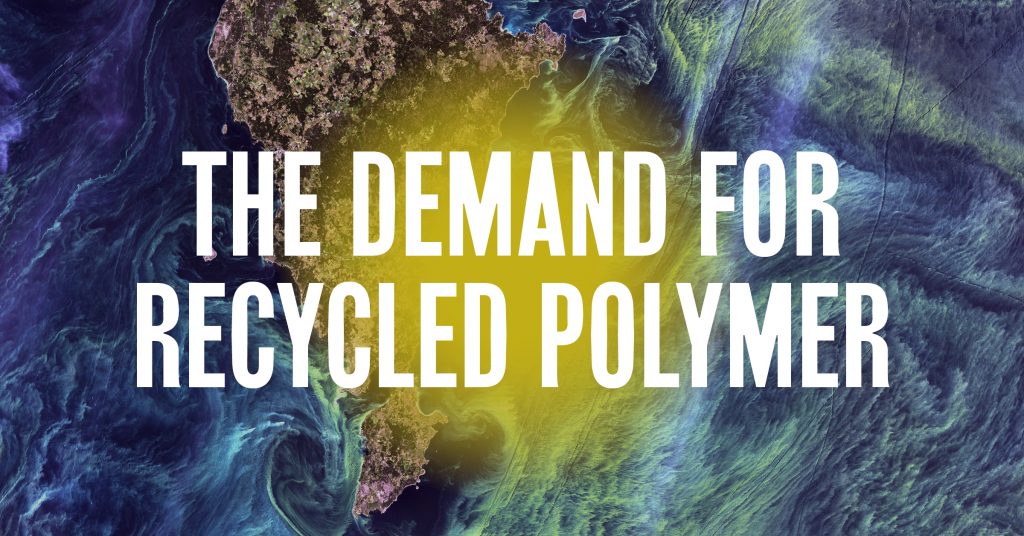
In the year since, China’s plastics imports have plummeted by 99 percent, leading to a major global shift in where and how materials tossed in the recycling bin are being processed.
Most developed economies struggled with recycling as a result, because they had developed limited – if any – capacity to recycle onshore, sending high volumes of materials to China.
For example, here are some volumes of plastic typically shipped to China prior to the National Sword policy:
The short-term impact of this ban has been negative as countries scrambled to send waste to other countries, often less capable of processing the waste or processed inefficiently in domestic facilities.
This decision by China added additional fuel to the fire of problematic waste, at the same time creating a significant catalyst in our developed economies, heightened awareness of plastic pollution in our oceans, gave increased voice to those making positive changes to reduce waste including plastic waste. None of this is enough in itself but it creates momentum and the sentiment required to continue change.
Global demand for recycled polymers in particular PE, PP, PET has never been greater. China was a big producer of recycled polymer but as a direct result of its own actions does not have the feedstocks to support export, even struggling to support domestic demand. Because of high demand in Europe and the USA, which have limited resources to process the required volumes due to a lack of investment in this space for decades, prices of the recycled polymers have increased significantly. In some cases, it is getting close to virgin resin prices and in the case of R-PET exceeding the virgin PET price.
Coca-Cola and PepsiCo (among others) committing to only using recycled polymers (PET) in their bottles and backing this up with investment and global collaborations with recyclers to facilitate the collection processing, R-PET now has greater value. This supports closing the loop to a circular solution sustained by the value chain. Australia is one such country where this has happened.
This increased value of recycled raw materials is critical to enabling the value chain. To collect and sort waste efficiently and effectively so we can create good quality PCR polymers costs money and requires significant investment globally. This investment will accelerate as markets demand easier to recycle mono-materials. We need to elevate PP and PE to the level of R-PET which will be achieved through our continued focus to simplify the polymer groups we give to consumers as packaging.
Achieving a global balance is going to take time. Blanket banning plastics limits feed stocks for recycled content. The industry, through organisations like Ceflex and ANZPACT, are focused on narrowing the material (polymer) groups. This consolidates efficiencies in recycling and creates further value in the chain to support the circular economy. PET, R-PET is a leading example of positive change and how to effectively transition to circular packaging, reducing, or eliminating over time the use of virgin raw materials.
Continued education of consumers through effective labelling (ARL / OPRL schemes), continued investment in curbside collection and sorting combined with the ever-increasing awareness to make a difference support market momentum.
We should never ignore the need to remove, reduce, reuse materials at every opportunity, plastic or otherwise, but balancing this with the need to protect, preserve, extend and communicate through effective packaging materials is the way forward.
Whether it’s talking through viable alternatives or a full packaging audit, get in touch to start the conversation.
— Edward